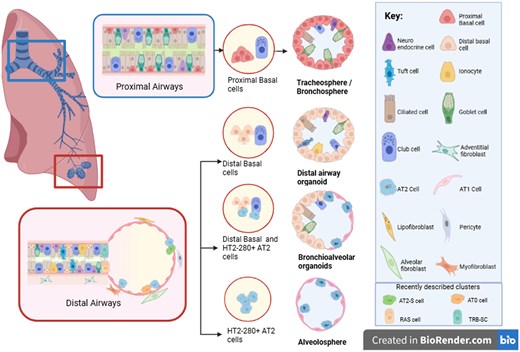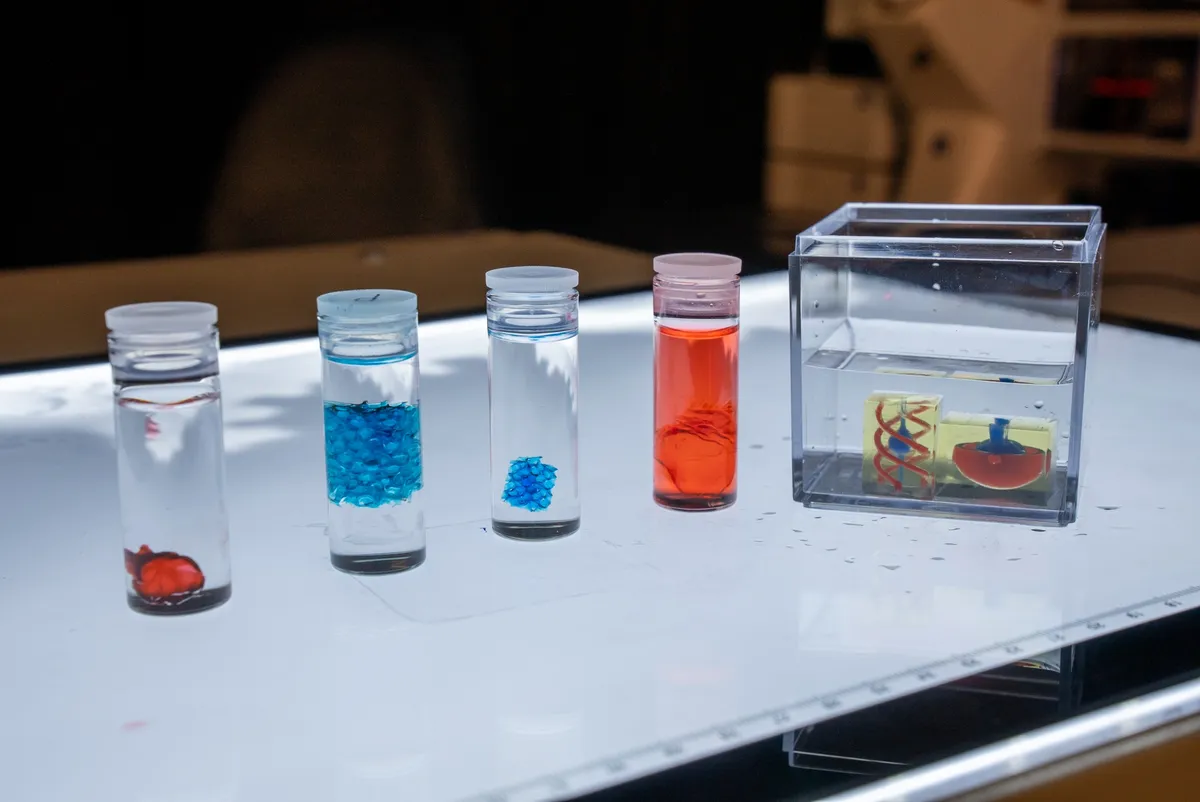by Nature
Organoids are three-dimensional structures of self-assembled cell aggregates that mimic anatomical features of in vivo organs and can serve as in vitro miniaturized organ models for drug testing. The most efficient way of studying drug toxicity and efficacy requires high-resolution imaging of a large number of organoids acquired in the least amount of time. Currently missing are suitable platforms capable of fast-paced high-content imaging of organoids. To address this knowledge gap, we present the OrganoidChip, a microfluidic imaging platform that incorporates a unique design to immobilize organoids for endpoint, fast imaging. The chip contains six parallel trapping areas, each having a staging and immobilization chamber, that receives organoids transferred from their native culture plates and anchors them, respectively. We first demonstrate that the OrganoidChip can efficiently immobilize intestinal and cardiac organoids without compromising their viability and functionality. Next, we show the capability of our device in assessing the dose-dependent responses of organoids’ viability and spontaneous contraction properties to Doxorubicin treatment and obtaining results that are similar to off-chip experiments. Importantly, the chip enables organoid imaging at speeds that are an order of magnitude faster than conventional imaging platforms and prevents the acquisition of blurry images caused by organoid drifting, swimming, and fast stage movements. Taken together, the OrganoidChip is a promising microfluidic platform that can serve as a building block for a multiwell plate format that can provide high-throughput and high-resolution imaging of organoids in the future.




